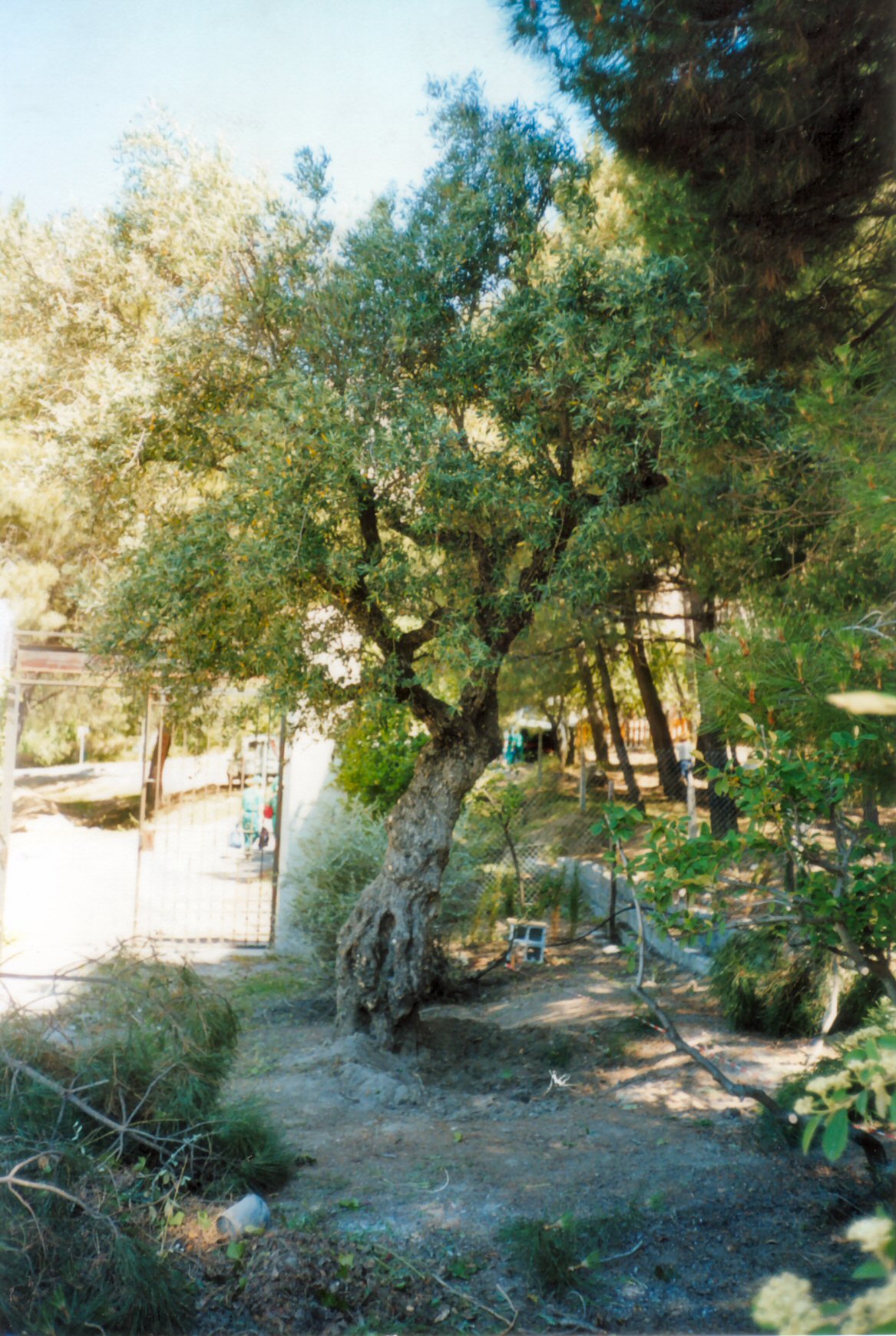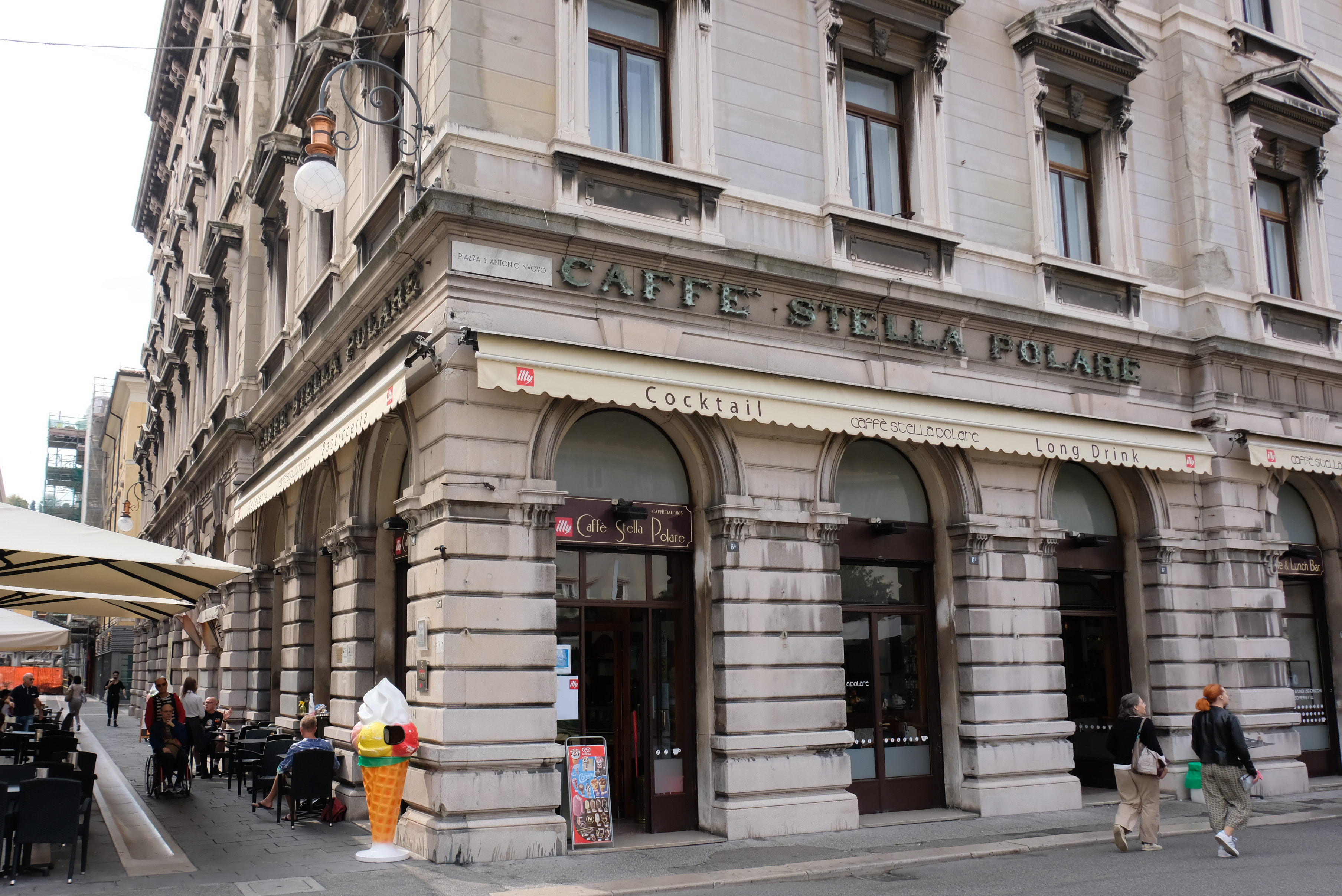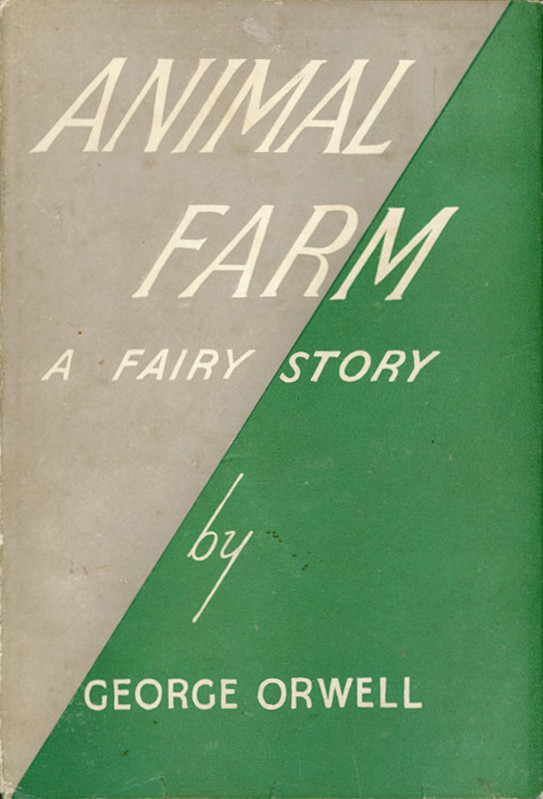|
1936 In Literature
This article contains information about the literary events and publications of 1936. Events *January 8 – Jewish booksellers throughout Nazi Germany are deprived of their Reich Publications Chamber membership cards, without which no one can sell books. *May – The Greek poet and Communist activist Yiannis Ritsos is inspired to write his poem ''Epitaphios'' by a photograph of a dead protester at a massive tobacco workers' demonstration in Thessaloniki. It is published soon after. In August, the right-wing dictatorship of Ioannis Metaxas comes to power in Greece and copies are burned publicly at the foot of the Acropolis in Athens. *May 16–May 17, 17 – About 30 left-wing writers of the Second Polish Republic gather at the Lviv Anti-Fascist Congress of Cultural Workers. *August 3 – George Heywood Hill establishes the Heywood Hill bookshop in London's Mayfair. *August 18 – The 38-year-old Spanish dramatist, Federico García Lorca, is arrested by Francoist Spain, Francois ... [...More Info...] [...Related Items...] OR: [Wikipedia] [Google] [Baidu] |
August 18
Events Pre-1600 * 684 – Battle of Marj Rahit: Umayyad partisans defeat the supporters of Ibn al-Zubayr and cement Umayyad control of Syria. * 707 – Princess Abe accedes to the imperial Japanese throne as Empress Genmei. * 1304 – The Battle of Mons-en-Pévèle is fought to a draw between the French army and the Flemish militias. * 1487 – The Siege of Málaga ends with the taking of the city by Castilian and Aragonese forces. *1492 – The first grammar of the Spanish language (''Gramática de la lengua castellana'') is presented to Queen Isabella I. * 1572 – The Huguenot King Henry III of Navarre marries the Catholic Margaret of Valois, ostensibly to reconcile the feuding Protestants and Catholics of France. * 1590 – John White, the governor of the Roanoke Colony, returns from a supply trip to England and finds his settlement deserted. 1601–1900 * 1612 – The trial of the Pendle witches, one of England's most famous ... [...More Info...] [...Related Items...] OR: [Wikipedia] [Google] [Baidu] |
Henry Luce
Henry Robinson Luce (April 3, 1898 – February 28, 1967) was an American magazine magnate who founded ''Time'', ''Life'', '' Fortune'', and ''Sports Illustrated'' magazines. He has been called "the most influential private citizen in the America of his day". Born in Shandong, China, to parents from the United States who were serving as Presbyterian missionaries, Luce moved to the US at the age of 15 and later attended Yale University. He launched and closely supervised a stable of magazines that transformed journalism and the reading habits of millions of Americans. ''Time'' summarized and interpreted the week's news; ''Life'' was a picture magazine of politics, culture, and society that dominated American visual perceptions in the era before television; ''Fortune'' reported on national and international business; and ''Sports Illustrated'' explored the world of sports. Counting his radio projects and newsreels, Luce created the first multimedia corporation. He envisaged t ... [...More Info...] [...Related Items...] OR: [Wikipedia] [Google] [Baidu] |
Life (magazine)
''Life'' (stylized as ''LIFE'') is an American magazine launched in 1883 as a weekly publication. In 1972, it transitioned to publishing "special" issues before running as a monthly from 1978 to 2000. Since then, ''Life'' has irregularly published "special" issues. Originally published from 1883 to 1936 as a general-interest and humor publication, it featured contributions from many important writers, illustrators and cartoonists of its time, such as Charles Dana Gibson and Norman Rockwell. In 1936, Henry Luce purchased the magazine, and relaunched it as the first all-photographic American news magazine. Its place in the history of photojournalism is considered one of its most important contributions to the world of publishing. From 1936 to the 1960s, ''Life'' was a wide-ranging general-interest magazine known for its photojournalism. During this period, it was one of the most popular magazines in the United States, with its circulation regularly reaching a quarter of the U.S. ... [...More Info...] [...Related Items...] OR: [Wikipedia] [Google] [Baidu] |
November 23
Events Pre-1600 *534 BC – Thespis of Icaria becomes the first recorded actor to portray a character on stage. *1248 – Siege of Seville, Conquest of Seville by Christian troops under King Ferdinand III of Castile. *1499 – Seven days after being convicted of treason, Perkin Warbeck, a pretender to the throne of England, is hanged for attempting to escape from the Tower of London; his supporter John Atwater is executed with him. 1601–1900 *1644 – John Milton publishes ''Areopagitica'', a pamphlet decrying censorship. *1733 – The start of the 1733 slave insurrection on St. John in what was then the Danish West Indies. *1808 – French and Poles defeat the Spanish at Battle of Tudela. *1863 – American Civil War: Third Battle of Chattanooga, Battle of Chattanooga begins: United States, Union forces led by General Ulysses S. Grant reinforce troops at Chattanooga, Tennessee, and counter-attack Confederate States of America, Confederate troops. ... [...More Info...] [...Related Items...] OR: [Wikipedia] [Google] [Baidu] |
Ulysses (novel)
''Ulysses'' is a modernist novel by the Irish writer James Joyce. Partially serialised in the American journal '' The Little Review'' from March 1918 to December 1920, the entire work was published in Paris by Sylvia Beach on 2 February 1922, Joyce's fortieth birthday. It is considered one of the most important works of modernist literature and a classic of the genre, having been called "a demonstration and summation of the entire movement". ''Ulysses'' chronicles the experiences of three Dubliners over the course of a single day, 16 June 1904 (which its fans now celebrate annually as Bloomsday). Ulysses is the Latinised name of Odysseus, the hero of Homer's epic poem the '' Odyssey'', and the novel establishes a series of parallels between Leopold Bloom and Odysseus, Molly Bloom and Penelope, and Stephen Dedalus and Telemachus. There are also correspondences with William Shakespeare's play '' Hamlet'' and with other literary, mythological and historical fig ... [...More Info...] [...Related Items...] OR: [Wikipedia] [Google] [Baidu] |
1922 In Literature
This article contains information about the literary events and publications of 1922. Events This is a significant year for high modernism in literature. *January – Ryūnosuke Akutagawa's modernist short story "In a Grove" (藪の中, ''Yabu no naka'') is published in the Japanese magazine ''Shinchō''. *January 24 – ''Façade (entertainment), Façade – An Entertainment'', poems by Edith Sitwell recited over an instrumental accompaniment by William Walton, are first performed, privately in London. *January 27 – Franz Kafka begins intensive work on his novel The Castle (novel), ''The Castle (Das Schloss)'' at the mountain resort of Spindlermühle, ceasing around early September in mid-sentence. *February 2 **In a "savage creative storm" of less than three weeks beginning today at Château de Muzot in Switzerland, Rainer Maria Rilke writes his ''Sonnets to Orpheus (Die Sonette an Orpheus)'' and completes his ''Duino Elegies (Duineser Elegien)''. **The Modernist literature, ... [...More Info...] [...Related Items...] OR: [Wikipedia] [Google] [Baidu] |
James Joyce
James Augustine Aloysius Joyce (born James Augusta Joyce; 2 February 1882 – 13 January 1941) was an Irish novelist, poet, and literary critic. He contributed to the modernist avant-garde movement and is regarded as one of the most influential and important writers of the twentieth century. Joyce's novel ''Ulysses (novel), Ulysses'' (1922) is a landmark in which the episodes of Homer's ''Odyssey'' are paralleled in a variety of literary styles, particularly stream of consciousness. Other well-known works are the short-story collection ''Dubliners'' (1914) and the novels ''A Portrait of the Artist as a Young Man'' (1916) and ''Finnegans Wake'' (1939). His other writings include three books of poetry, a play, letters, and occasional journalism. Born in Dublin into a middle-class family, Joyce attended the Jesuit Clongowes Wood College in County Kildare, then, briefly, the Congregation of Christian Brothers, Christian Brothers–run O'Connell School. Despite the chaotic family li ... [...More Info...] [...Related Items...] OR: [Wikipedia] [Google] [Baidu] |
1934 In Literature
This article contains information about the literary events and publications of 1934. Events *January 7 – The first ''Flash Gordon'' comic strip is created and illustrated by Alex Raymond and published in the United States. *January 25 – James Joyce's novel '' Ulysses'', after a December acquittal (upheld on appeal in February) in '' United States v. One Book Called Ulysses'', is first published in an authorized edition in the Anglophone world by Random House of New York City. It has 12,000 advance sales. *January – B. Traven's novel ''The Death Ship'' (''Die Totenschiff'', 1926) first appears in English. *February – Stefan Zweig flees Austria and settles in London. *February 6 – The February 6 riots in France, partly provoked by a performance of Shakespeare's ''Coriolanus'' by the Comédie-Française, will become the focus of a cult in the works of far-right authors, notably '' Death on Credit'' by Louis-Ferdinand Céline (1936) and ''Gilles'' by Pierre Drieu La Ro ... [...More Info...] [...Related Items...] OR: [Wikipedia] [Google] [Baidu] |
November 6
Events Pre-1600 * 447 – A powerful earthquake destroys large portions of the Walls of Constantinople, including 57 towers. * 963 – Synod of Rome: Emperor Otto I calls a council at St. Peter's Basilica in Rome. Pope John XII is deposed on charges of an armed rebellion against Otto. * 1217 – The Charter of the Forest is sealed at St Paul's Cathedral, London by King Henry III, acting under the regency of William Marshall, 1st Earl of Pembroke which re-establishes for free men rights of access to the royal forest that had been eroded by William the Conqueror and his heirs. * 1577 – The first recorded observation from Earth of the Great Comet of 1577 takes place by Aztec astronomers in Mexico, followed by reports from Italy on November 7 and Japan on November 8. Astronomer Tycho Brahe will track the comet from November 13 until January 26 before it departs the Solar System. 1601–1900 *1792 – Battle of Jemappes in the French Revolutionary ... [...More Info...] [...Related Items...] OR: [Wikipedia] [Google] [Baidu] |
1945 In Literature
This article contains information about the literary events and publications of 1945. Events *January – In Paris, journalist and poet Robert Brasillach is tried and found guilty of "intelligence with the (German) enemy" during World War II, sparking a major dispute in French society over collaboration and clemency. *c. January 1 – Jean-Paul Sartre refuses the Legion of Honour, Légion d'honneur. *January 27 – Primo Levi is among those liberated from the Auschwitz concentration camp complex. *February – Aleksandr Solzhenitsyn is sentenced to eight years in a labour camp for criticizing Joseph Stalin. *February 13–February 15, 15 – The bombing of Dresden in World War II is seen by the German Jewish diarist Victor Klemperer, the novelist Kurt Vonnegut as an American prisoner of war, and Miles Tripp as a British bomb aimer. It will feature in Józef Mackiewicz's novel ''Sprawa pulkownika Miasojedowa'' (Colonel Miasoyedov's Case, 1962 in literature, 1962), Bohumil Hrabal' ... [...More Info...] [...Related Items...] OR: [Wikipedia] [Google] [Baidu] |
The House Of Bernarda Alba
''The House of Bernarda Alba'' () is a play (theatre), play by the Spain, Spanish dramatist Federico García Lorca. Commentators have often grouped it with ''Blood Wedding (play), Blood Wedding'' and ''Yerma'' as the Rural Trilogy. García Lorca did not include it in his plan for a "trilogy of the Spanish land" (which remained unfinished at the time of his murder). García Lorca described the play in its subtitle as ''a drama of women in the villages of Spain''. ''The House of Bernarda Alba'' was García Lorca's last play, completed on 19 June 1936, two months before Federico García Lorca#Assassination, his assassination during the Spanish Civil War. The play was first performed on 8 March 1945 at the Avenida Theatre in Buenos Aires. The play centers on the events of a house in Andalusia during a period of mourning, in which Bernarda Alba (aged 60) wields total control over her five daughters Angustias (39 years old), Magdalena (30), Amelia (27), Martirio (24), and Adela (20). ... [...More Info...] [...Related Items...] OR: [Wikipedia] [Google] [Baidu] |





